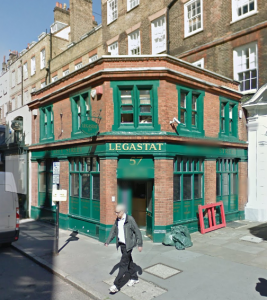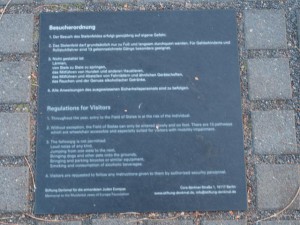It’s been reported that David Bowie used to work as a paralegal at Legastat, the legal copying service in Carey Street.

From the Jack of Kent blog:
Of course, a co-worker will have then dismissed Bowie’s dream with “there is no future in dressing funny”.
And outside, a judge and barrister would walk past…
I knew Legastat specialized in big photocopies – some old legal documents are bigger than foolscap – but they obviously do more. They describe their work as ‘paralegal services’, and they also do digital archiving:
If you don’t have the time and resources to prepare your bundles or hire paralegals in-house we can help.
Use our paralegal and document review services for:
ordering documents chronologically
creating disclosure lists and indexes
paginating and cross referencing
first stage privilege review
That just leaves the question of what exactly a paralegal is, in the UK. I thought of it as a broad term covering people who help lawyers in their work but are not fully qualified in any particular way. But actually there are qualifications. In fact the situation of paralegals seems to be in the process of changing. When I trained in a firm of solicitors in the late 1970s, the employees were mainly solicitors and articled clerks, legal executives and trainee legal executives and legal secretaries. There were ‘boys’ of a range of ages delivering and sorting post and files too. But nowadays the Chartered Institute of Legal Executives, CILEx, does give paralegals some training:
What is a paralegal?
A member of staff who has completed some legal training, but is not qualified as a solicitor or Chartered Legal Executive, is usually referred to as a paralegal. The term applies to any member of staff progressing files under supervision – from legal secretaries who have gained the necessary knowledge to carry out specific practical tasks, to law graduates who progress a heavy caseload of files from start to finish.
Paralegals are very commonly employed in the fields of residential conveyancing, personal injury or debt recovery where roles might be advertised as ‘Conveyancing Assistant’, ‘Claims Handler’ or ‘Litigation Assistant’ respectively. A paralegal might be known as a ‘Legal Assistant’ in family or employment law departments.
As the role of the paralegal varies greatly between organisation and different areas of legal practice, so do our courses. Courses start at Level 2 (GCSE-level) training for legal secretaries who wish to move into paralegal work and have not studied for a long time, through to Level 6 (honours-degree level) courses for law graduates to acquire high-level legal practice skills.
There is also an Institute of Paralegals and a National Association of Licensed Paralegals. The Wikipedia article on Paralegal also has a UK section.








